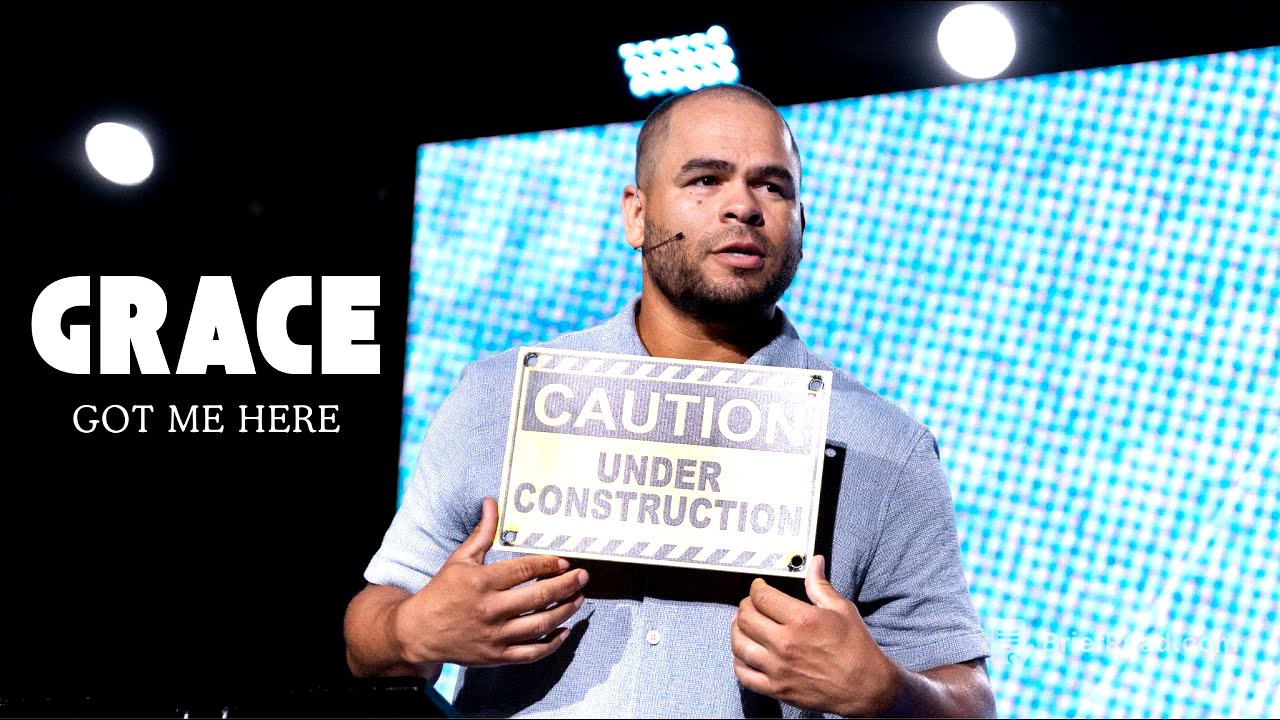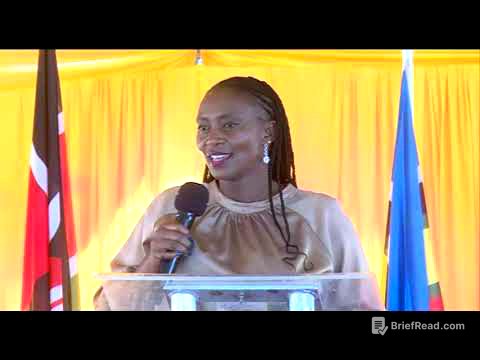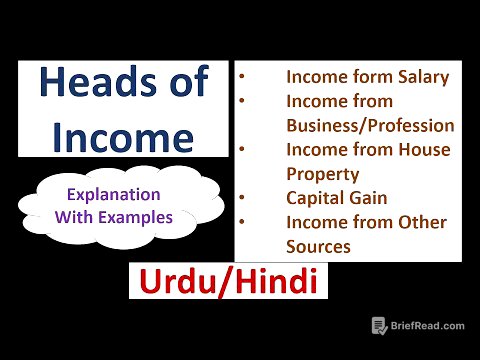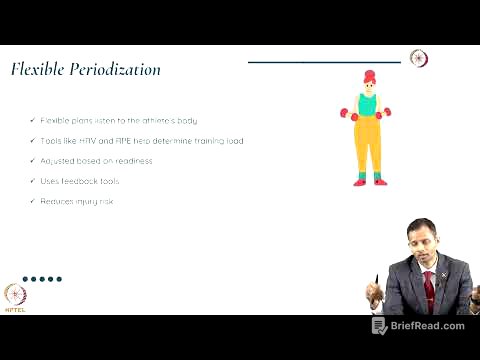TLDR;
In a celebratory sermon for God's House anniversary, the speaker emphasizes the transformative power of God's grace. He highlights that the church's existence and the personal transformations within it are due to God's unearned favor, not human effort. The sermon outlines four key aspects of grace: it finds us first, sustains us, is not finished with us yet, and is worth celebrating. The speaker encourages the congregation to recognize and appreciate the continuous work of grace in their lives, fostering hope and expectation for the future.
- God's grace, not human effort, is the foundation of the church and personal transformations.
- Grace finds us in our brokenness, sustains us through challenges, and is continuously working in our lives.
- The journey of faith is ongoing; God is still refining, healing, and restoring.
- Recognizing and celebrating God's grace leads to praise, gratitude, and renewed hope.
AM [8:30]
The speaker begins with a prayer, expressing gratitude for God's grace and mercy. He acknowledges that salvation and blessings are not earned through works, titles, or talents, but are gifts of God's grace. He specifically thanks God for those being baptized and for everyone who has walked through the church's doors, emphasizing that grace has brought them there. The speaker asks God to open hearts to receive His word, to teach, convict, and encourage, and to help everyone remember that it's always been about God.
AM [10:15]
The speaker introduces the first point: "Grace found me first," referencing Romans 5:8, which states that Christ died for us while we were still sinners. He clarifies that God's love and sacrifice weren't contingent on our actions or behavior but were offered in our brokenness. He emphasizes that we didn't find God; God found us, pursuing us throughout our lives. The speaker uses examples from the Bible, such as Moses, Saul (Apostle Paul), and the woman at the well, to illustrate how grace intervened in their lives while they were living their own way. He encourages the congregation to recognize that the same grace is available to them, offering undeserved favor and blessing.
PM [12:00]
The speaker moves to the second point: "Grace also held me together," referencing 2 Corinthians 12:9, where God says, "My grace is sufficient for you, for my power is made perfect in your weakness." He explains that grace sustains us through our struggles and challenges, not just saving us initially. He acknowledges that many should have lost their minds or marriages, or even been in jail, but grace has sustained them. The speaker emphasizes that successes and survival are not due to personal strength or intelligence but to God's grace. Using biblical examples like Joseph, who experienced betrayal and imprisonment, and David, who committed adultery and murder, the speaker illustrates how God's grace sustained them and allowed them to fulfill their purposes. He concludes by stating that God's grace is holding the church together and can sustain individual lives as well.









